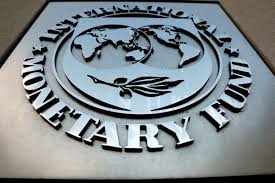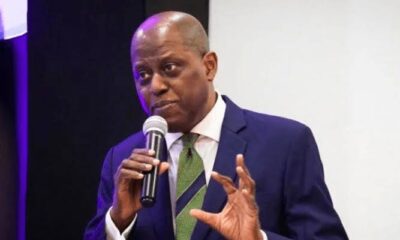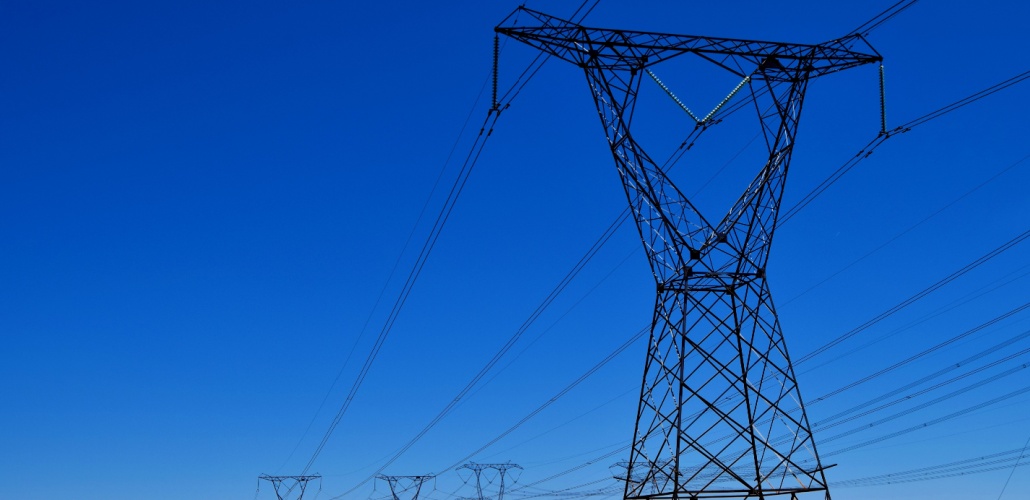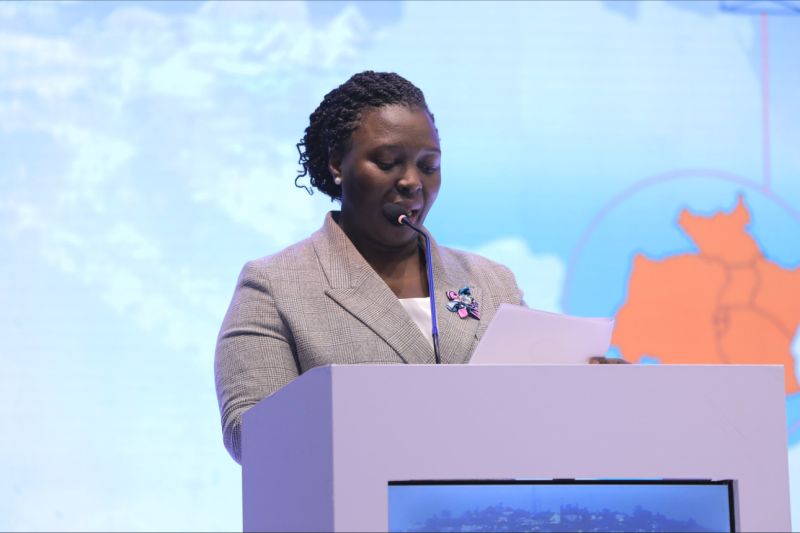Nigeria’s President, Bola Tinubu, in a nationwide address on Monday, reiterated that his economic reforms were targeted at a lasting legacy for the country despite current hardship.
President Tinubu said it was in the interest of the country that the fuel subsidy be discontinued and other fiscal policies be implemented.
Tinubu said: “I had promised to reform the economy for the long-term good by fighting the major imbalances that had plagued our economy. Ending the subsidy and the preferential exchange rate system was key to this fight. This fight is to define the fate and future of our nation. Much is in the balance.
“Thus, the defects in our economy immensely profited a tiny elite, the elite of the elite you might call them.
“As we move to fight the flaws in the economy, the people who grow rich from them, predictably, will fight back through every means necessary”.
The Nigerian president also stressed that he understood the plight of Nigerians amidst the growing cost of living and was committed to providing succour for the situation.
“Things seem anxious and uncertain. I understand the hardship you face. I wish there were other ways. But there is not. If there were, I would have taken that route as I came here to help, not hurt, the people and nation that I love.
“What I can offer in the immediate is to reduce the burden our current economic situation has imposed on all of us, most especially on businesses, the working class, and the most vulnerable among us”.
Nigerians depend on cheap petrol to run their largely informal small and medium-scale businesses. For many businesses, operating costs since subsidy removal on May 29 have hit the roof, while the cost of transportation has also been impacted.
There are concerns that while the federal government plans provision of palliatives to cover the private and informal sectors, they may not be sufficient to cushion the impact of the policies. Meanwhile, governments at sub-national levels have been announcing approaches to attempt to cushion the effects on their constituents.
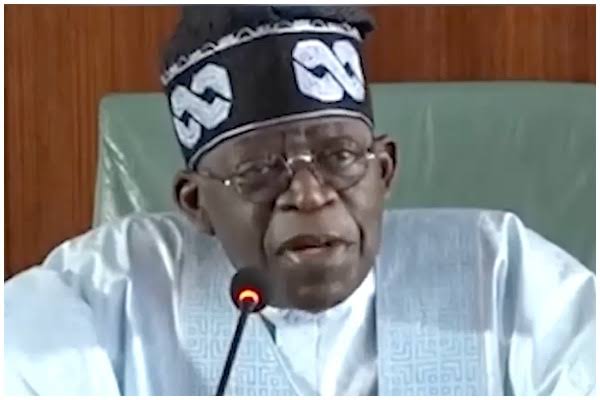

 VenturesNow12 hours ago
VenturesNow12 hours ago
 Politics2 days ago
Politics2 days ago
 Sports1 day ago
Sports1 day ago
 VenturesNow1 day ago
VenturesNow1 day ago







